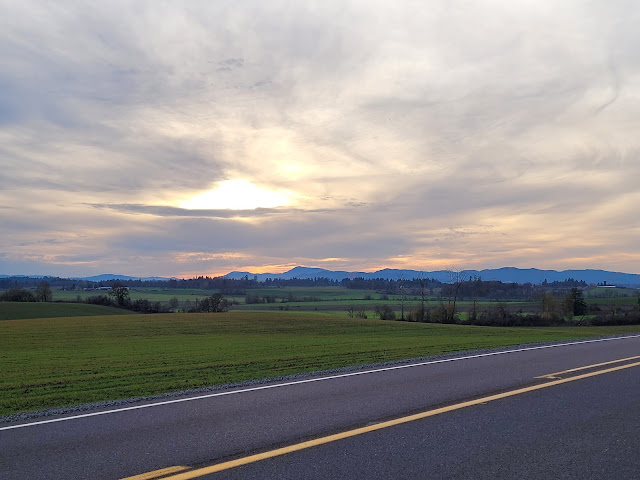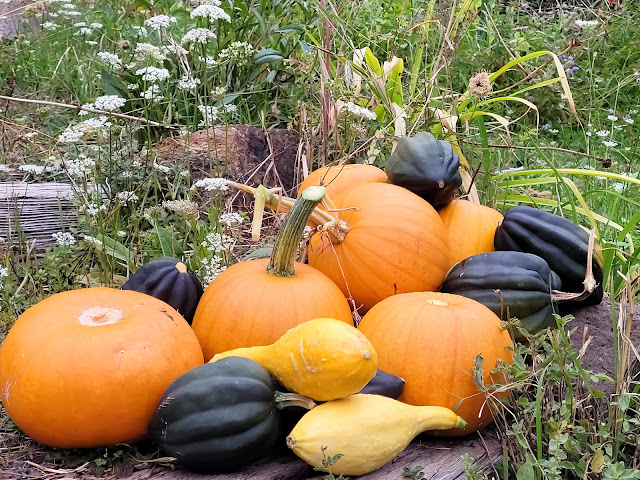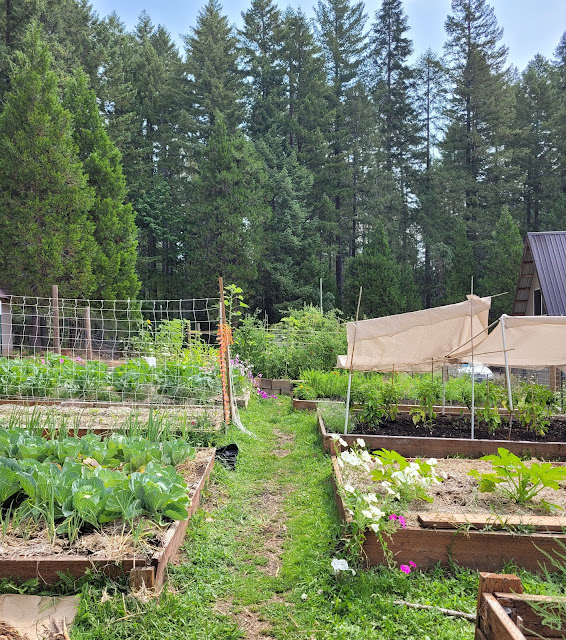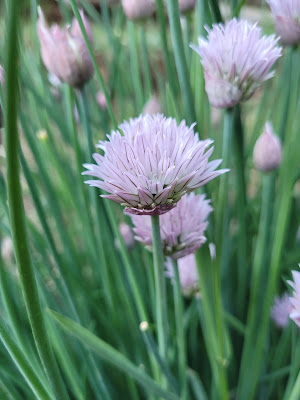10 Eco-Friendly Ways to Reduce Your Carbon Footprint During the Holiday Season

As the holiday season approaches, it's essential to celebrate in a way that is mindful of our impact on the environment. The festive period often comes with increased energy consumption, excessive waste, and a higher carbon footprint. However, with a few simple adjustments, you can enjoy a joyful holiday season while minimizing your environmental impact. Here are ten eco-friendly ways to reduce your carbon footprint during the holiday season. 1. Choose Sustainable Decorations: Opt for reusable or biodegradable decorations instead of single-use items. Invest in durable, timeless ornaments and decorations that can be used year after year. Consider DIY projects using recycled materials to add a personal touch to your festive decor. 2. LED Lights and Timers: Replace traditional incandescent holiday lights with energy-efficient LED lights. LEDs consume less energy and have a longer lifespan. Additionally, use timers to limit the time your lights are on, ensuring they aren't needle






